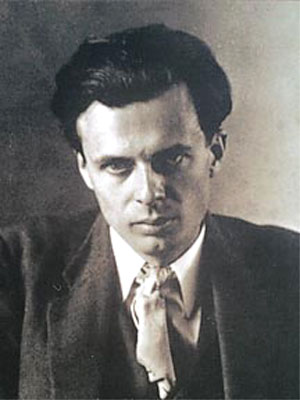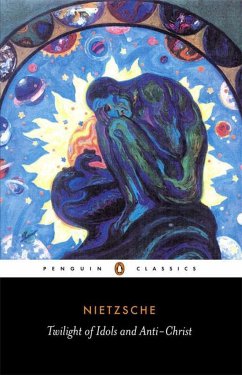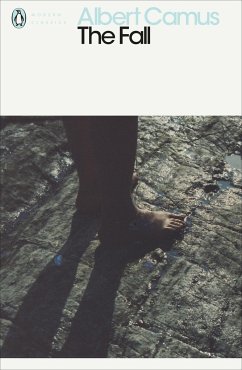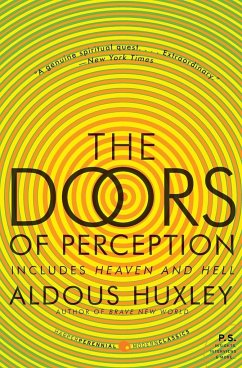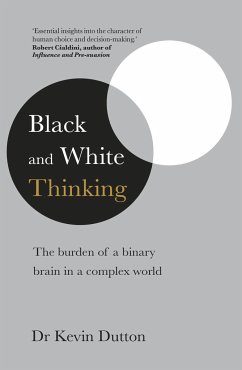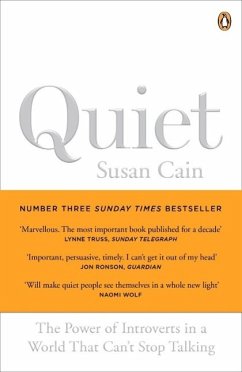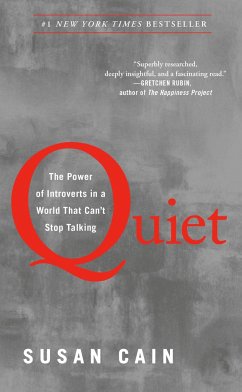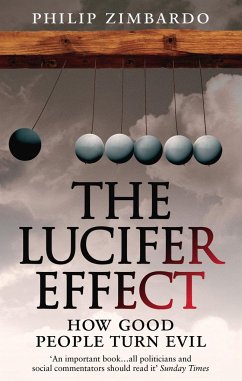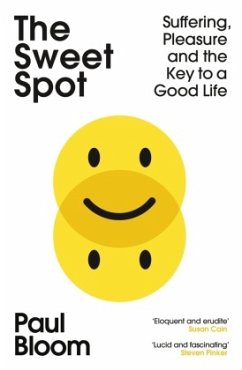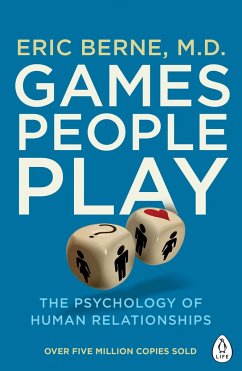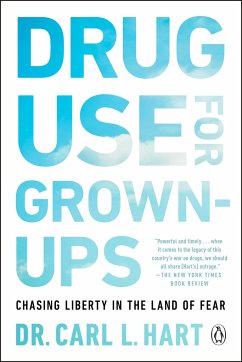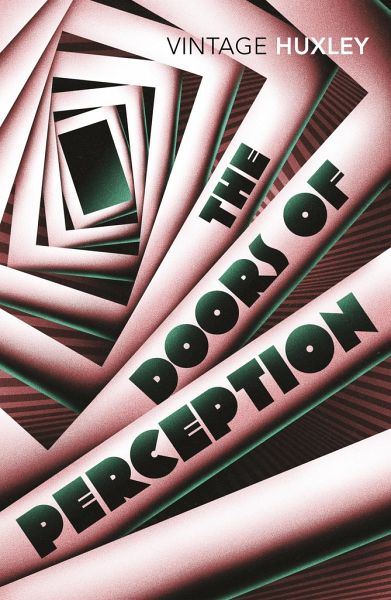
The Doors of Perception
And Heaven and Hell

PAYBACK Punkte
4 °P sammeln!
Discover this profound account of Huxley's famous experimentation with mescalin that has influenced writers and artists for decades.'Concise, evocative, wise and, above all, humane, The Doors of Perception is a masterpiece' Sunday TimesIn 1953, in the presence of an investigator, Aldous Huxley took four-tenths of a gram of mescalin, sat down and waited to see what would happen. When he opened his eyes everything, from the flowers in a vase to the creases in his trousers, was transformed. Huxley described his experience with breathtaking immediacy in The Doors of Perception.In its sequel Heaven...
Discover this profound account of Huxley's famous experimentation with mescalin that has influenced writers and artists for decades.
'Concise, evocative, wise and, above all, humane, The Doors of Perception is a masterpiece' Sunday Times
In 1953, in the presence of an investigator, Aldous Huxley took four-tenths of a gram of mescalin, sat down and waited to see what would happen. When he opened his eyes everything, from the flowers in a vase to the creases in his trousers, was transformed. Huxley described his experience with breathtaking immediacy in The Doors of Perception.
In its sequel Heaven and Hell, he goes on to explore the history and nature of mysticism. Still bristling with a sense of excitement and discovery, these illuminating and influential writings remain the most fascinating account of the visionary experience ever written.
WITH A FOREWORD J.G. BALLARD
'Concise, evocative, wise and, above all, humane, The Doors of Perception is a masterpiece' Sunday Times
In 1953, in the presence of an investigator, Aldous Huxley took four-tenths of a gram of mescalin, sat down and waited to see what would happen. When he opened his eyes everything, from the flowers in a vase to the creases in his trousers, was transformed. Huxley described his experience with breathtaking immediacy in The Doors of Perception.
In its sequel Heaven and Hell, he goes on to explore the history and nature of mysticism. Still bristling with a sense of excitement and discovery, these illuminating and influential writings remain the most fascinating account of the visionary experience ever written.
WITH A FOREWORD J.G. BALLARD





